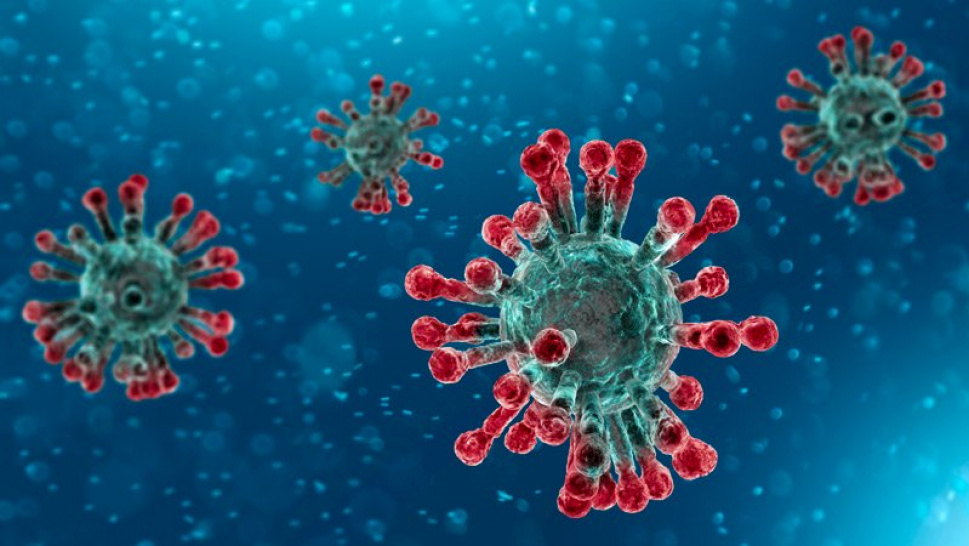We are just not ready to face this virus. And that’s something we need to acknowledge. The good news is – it is not as deadly as some future viruses could be.
It is very important to understand the fact that there are more of us on this planet than ever in history - the number of people inhabiting the planet is 7.7 billion and continues to increase. And the density of population is also increasing.
More people on a small surface also mean an increased risk of exposure to pathogens that cause disease.
The Coronavirus from Wuhan seems to be transmitted from person to person when coughing or sneezing. The virus can survive for a limited time outside the body, so people have to be very close to each other to get infected.
In 2014, Ebola was spreading through blood and other bodily fluids, so that only those who had close contact with the disease could become infected.
But not all viruses are transmitted from human to human. Even Zika, which is transmitted from a mosquito to a human, spreads only when people live close to each other. Zika mosquitoes were active in urban areas where they can feed on human blood. They breed faster in densely populated, humid and warm places.
Planes, trains and automobiles help viruses cross from one to the other end of the world in less than a day.
During 2019, airlines carried 4.5 billion passengers - ten years ago that figure was only 2.4 billion.
Wuhan is a major stop on China's fast lane and the virus has emerged as the country prepares for the largest human migration in history - more than three billion trips took place around the country around the Chinese New Year.
One of the most severe pandemics, the infestation of Spanish fever, occurred in 1918. An epidemic erupted in Europe at the time of the massive migration at the end of World War I.
The soldiers were returning home and bringing the virus with them. The disease was thus reaching entire communities because people did not develop resistance to the new virus.
A study conducted by virologist John Oxford suggests that the source of the virus could have been a camp through which about 100,000 soldiers have circulated daily.
Even in the time before air travel, Spanish fever spread to all parts of the world. Between 50 and 100 million people have died of the virus.
Still, Spanish fever took six to nine months to spread around the world. In a world where we can tour the entire planet in a day, the new virus can spread much faster.
Ebola, SARS and now the Wuhan corona virus are zoonotic viruses - transmitted from animals to humans. The new corona virus is likely to have come from a market in Wuhan - early reports suggest that it may have origins in live snakes.
These days, about three out of four newly discovered viruses are zoonotic.
Although the world is more connected than before, we do not yet have a global health system that can respond to such threats as soon as they arise. To prevent it from spreading, we rely on the authorities of the country where the virus appeared. If they fail, the whole planet is at risk. And as we can see, even developed countries like Italy are having severe problems preventing the spread. What happens when the virus reaches Africa?
Nowhere was this as evident as in West Africa when the Ebola outbreak erupted. The local health system in Guinea, Liberia and Sierra Leone has failed to limit its spread.
Ebola has killed 11,310 people in West Africa. Even though we have technology to develop drugs that could ward off some viruses, it just doesn't pay off to pharmaceutical companies - if only a few thousand lose their lives, there is no profit.
Although we know they are threatening us, in most cases we cannot predict when and where the virus will break out, so we are always caught off guard.
Not everything is dark. Treatments have improved, more and more people have access to them and prevention is getting better. Vaccines develop much faster.
As the global response system is perfect, we are getting better at spotting and responding to situations like this.
Make sure you are well informed on what to do and how YOU can help stop the spread. Act responsibly!
MORE INFORMATION ABOUT THE VIRUS:



Share the News